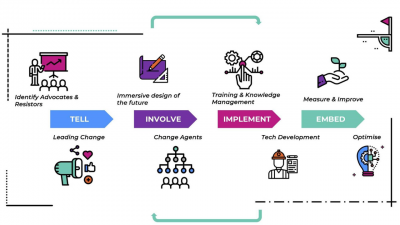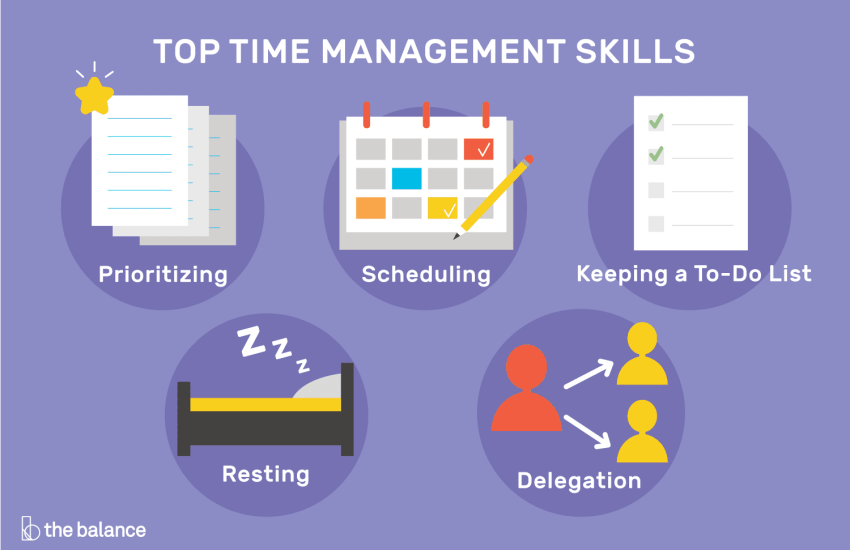Change Management Strategies for the Digital Age
In today’s fast-paced digital world, change is inevitable. With advancements in technology constantly reshaping the way we work and interact, organizations must adapt and evolve to stay ahead of the curve. Change management has never been more critical than it is now, as businesses strive to navigate the complexities of the digital age. In this article, we will explore some of the most effective strategies for managing change in the digital era.
Understanding the Digital Landscape
Before implementing any change management strategies, it is crucial to have a clear understanding of the digital landscape in which your organization operates. This includes staying up-to-date on the latest technological trends, understanding how your competitors are leveraging digital tools, and identifying potential opportunities for growth and innovation. By being well-informed about the digital environment, you can better anticipate changes and proactively position your organization for success.
Creating a Culture of Innovation
One of the key aspects of successful change management in the digital age is creating a culture of innovation within your organization. Encouraging employees to think creatively, take risks, and embrace new technologies is essential for driving change and staying competitive in today’s digital market. By fostering a culture of innovation, you can empower your team to adapt to change more easily and drive the digital transformation process forward.
Embracing Agile Methodologies
Agile methodologies have become increasingly popular in the digital age due to their flexibility and adaptability. By adopting agile practices, such as iterative development, continuous feedback, and collaboration, organizations can respond more quickly to changing market conditions and customer needs. Implementing agile methodologies can help streamline the change management process and ensure that your organization remains agile and responsive in the face of digital disruptions.
Effective Communication and Stakeholder Engagement
Effective communication is essential for successful change management in any context, but it is particularly crucial in the digital age. With digital tools enabling instant communication and collaboration, organizations must leverage these tools to keep stakeholders informed and engaged throughout the change management process. By providing regular updates, soliciting feedback, and actively involving stakeholders in the decision-making process, you can ensure buy-in and support for your change initiatives.
Investing in Employee Training and Development
As technology continues to evolve at a rapid pace, investing in employee training and development is essential for ensuring that your team has the skills and knowledge required to navigate the digital landscape. By providing ongoing training opportunities, you can equip your employees with the tools they need to adapt to new technologies, processes, and ways of working. Investing in employee training can also foster a culture of continuous learning and growth within your organization.
Measuring and Monitoring Change
To ensure the success of your change management initiatives in the digital age, it is important to measure and monitor progress regularly. By setting clear goals, establishing key performance indicators, and tracking outcomes, you can evaluate the effectiveness of your change strategies and make adjustments as needed. Utilizing digital analytics tools and dashboards can help you gather real-time data and insights to inform decision-making and drive continuous improvement.
Conclusion
Change management in the digital age presents both challenges and opportunities for organizations. By understanding the digital landscape, fostering a culture of innovation, embracing agile methodologies, communicating effectively, investing in employee training, and monitoring progress, organizations can successfully navigate the complexities of change in the digital era. By implementing these strategies, organizations can adapt to change more effectively, drive digital transformation, and stay ahead of the curve in today’s rapidly evolving tech landscape.


